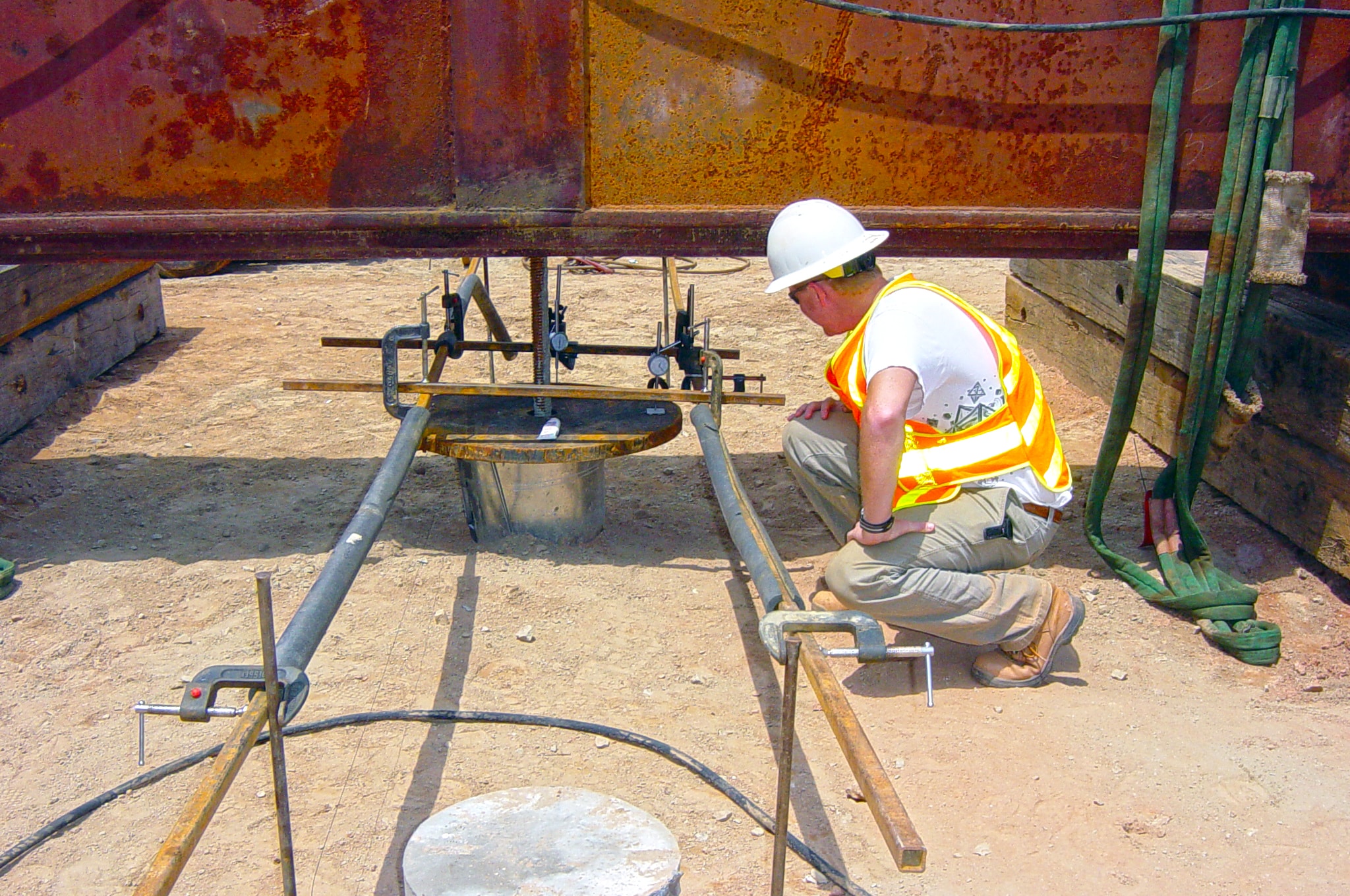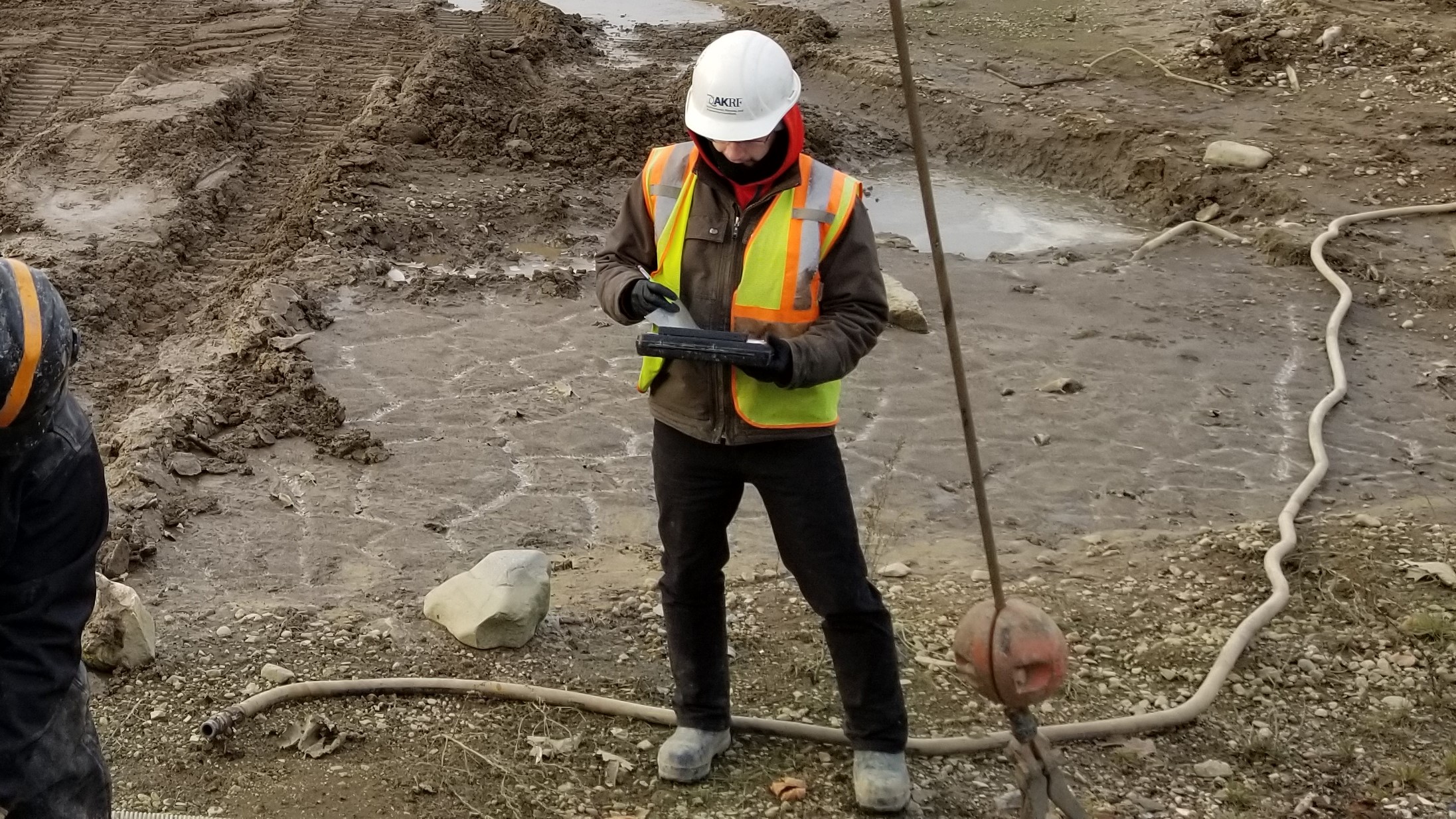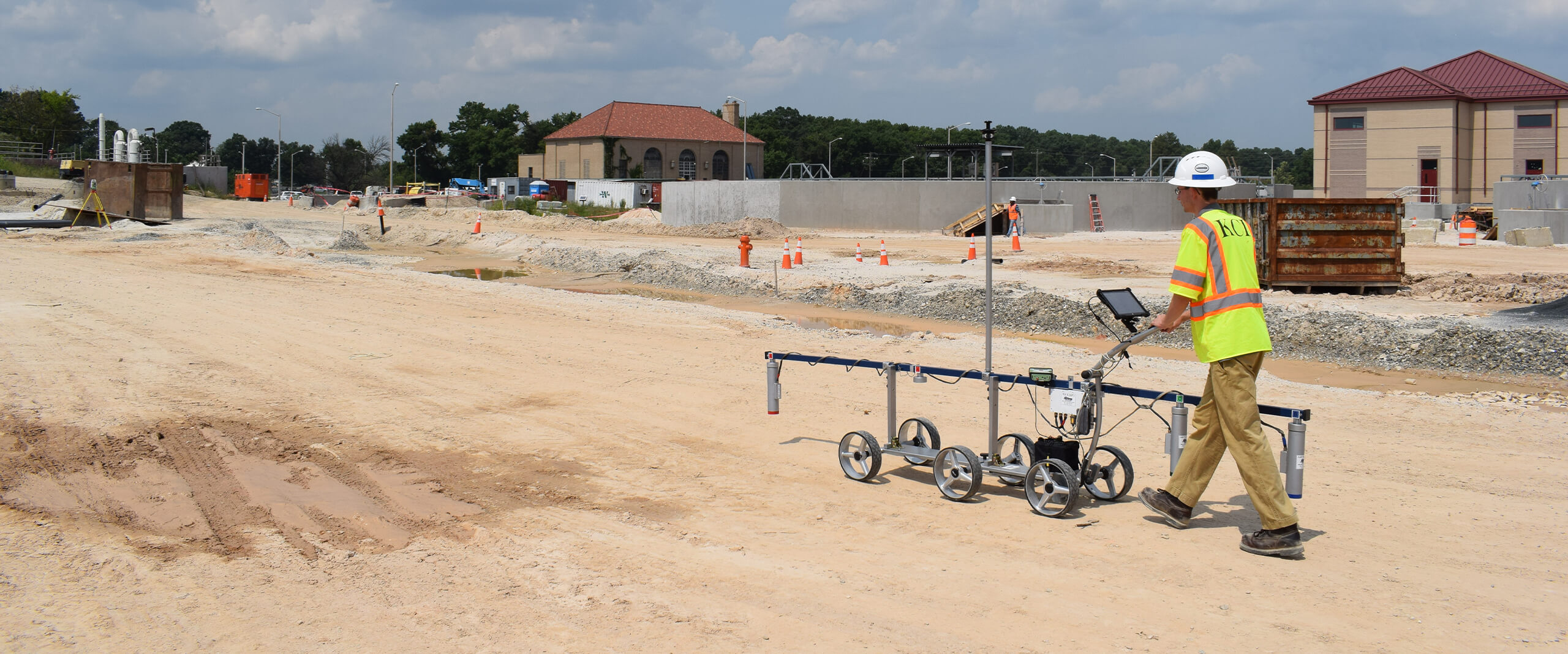Necessary Top Qualities of Effective Civil Consulting Engineers
Necessary Top Qualities of Effective Civil Consulting Engineers
Blog Article
A Detailed Summary of the Key Duties of Geotechnical Engineers in Site Characterization and Ground Improvement Methods for Design Solutions
Geotechnical designers are important to the successful implementation of engineering jobs, charged with the vital obligations of site characterization and the application of ground improvement techniques. Their work entails a complete evaluation of subsurface conditions, using various testing approaches to recognize soil and rock properties.
Function of Geotechnical Engineers
Geotechnical designers play an essential function in the style and construction of facilities by evaluating the habits of soil and rock below the surface - geo tech engineering. Their duties incorporate evaluating subsurface problems to inform layout choices that guarantee architectural security and security. By carrying out in-depth evaluations of soil properties, consisting of shear strength, compressibility, and leaks in the structure, geotechnical designers offer vital data that influences the choice of ideal building products and techniques
In enhancement to evaluating dirt technicians, geotechnical engineers are entrusted with identifying prospective dangers such as landslides, sinkholes, and ground settlements. Their experience helps reduce threats connected with these geotechnical phenomena, consequently securing both the environment and public safety. They likewise team up carefully with various other design disciplines, making certain that geotechnical considerations are incorporated into total job layout.
Furthermore, geotechnical engineers participate in the evaluation of existing structures, offering referrals for retrofitting and fixings when essential. Their comprehensive understanding of soil-structure interaction is vital for the development of sustainable facilities services. In general, the role of geotechnical engineers is essential to the successful realization of building and construction jobs, ensuring they are risk-free, long lasting, and certified with regulatory standards.

Website Characterization Processes
Effective website characterization procedures are vital for understanding the subsurface problems that influence job layout and execution. Geotechnical designers employ an organized approach to gather, review, and interpret information concerning dirt, groundwater, and rock attributes. This procedure begins with an extensive review of existing literary works and historic site data, supplying understandings into previous site conditions and possible obstacles.

Data analysis complies with fieldwork, where designers utilize geostatistical techniques to analyze searchings for and produce geological versions. Through thorough website characterization, geotechnical engineers lay the groundwork for effective task implementation, decreasing unexpected complications and enhancing resource allowance.
Dirt and Rock Screening Methods
While understanding subsurface conditions is critical, the choice of suitable dirt and rock testing methods is equally vital for precise evaluation and style. Geotechnical engineers utilize a selection of screening strategies to evaluate the physical and mechanical buildings of dirt and rock materials.
Laboratory examinations, such as Atterberg restrictions, grain dimension evaluation, and unconfined compressive toughness examinations, provide essential data on soil behavior under various dampness problems and filling situations. These tests help establish dirt category and predict negotiation or shear strength features crucial for structure layout.
In-situ testing approaches, consisting of Standard Infiltration Tests (SPT), Cone Infiltration Examinations (CPT), and pressure meter examinations, permit engineers to collect data directly from the ground. These techniques use beneficial insights into the dirt's density, consistency, and stratification without the demand for comprehensive tasting.
Rock screening commonly entails core tasting and research laboratory analysis to evaluate residential or commercial properties like uniaxial compressive toughness and rock quality designation (RQD) With each other, these dirt and rock screening techniques enable geotechnical engineers to make enlightened choices concerning site-specific difficulties, making certain the safety and security of engineering options.
Ground Enhancement Methods
Ground enhancement techniques are vital for boosting the design buildings of soil, therefore enhancing its load-bearing ability and minimizing settlement. These methods are critical in dealing with obstacles provided by weak or problematic dirts, which can substantially affect the stability and resilience of structures.
Different ground enhancement strategies are utilized, consisting of compaction, grouting, and dirt stablizing. Grouting, on the other hand, entails injecting a fluid product right into the ground to load spaces and boost soil cohesion.
Soil stablizing encompasses a variety of approaches, from why not check here chemical ingredients to mechanical treatments, aimed at boosting the soil's resistance to erosion and contortion. Methods such as lime stablizing or cement blending find more info modify the residential properties of the dirt at a bit degree, enhancing its total efficiency.
Importance of Geotechnical Assessments
Geotechnical assessments play a vital role in the preparation and design of engineering jobs, as they provide necessary details about the subsurface conditions. Recognizing soil residential or commercial properties, rock developments, groundwater levels, and prospective geohazards is crucial for making sure the security and safety of frameworks. These assessments make it possible for engineers to make informed decisions concerning site selection, layout specifications, and building and construction approaches.
The relevance of geotechnical assessments extends past initial project phases; they contribute in risk administration and cost efficiency. By determining potential concerns early, such as soil negotiation, slope instability, or extreme groundwater, designers can develop proper mitigation methods, minimizing the probability of costly delays and architectural failures. These evaluations sustain compliance with regulatory demands and improve the sustainability of engineering methods.

Verdict
To conclude, geotechnical engineers are essential to guaranteeing the safety and security and stability of design projects via extensive website characterization and ground improvement strategies. geotechnical eng. Their organized approach to analyzing subsurface problems, integrated with their referrals for efficient ground alteration, considerably boosts dirt residential properties and load-bearing capacity. The expertise of Extra resources geotechnical designers not only promotes informed project planning however likewise makes certain compliance with policies and fosters reliable communication among stakeholders, ultimately adding to effective design outcomes
Geotechnical engineers play a critical function in the layout and building of framework by assessing the behavior of soil and rock underneath the surface area. By performing detailed analyses of dirt buildings, including shear compressibility, leaks in the structure, and stamina, geotechnical designers supply important information that affects the option of ideal building and construction products and methods.
In enhancement to assessing dirt auto mechanics, geotechnical engineers are tasked with determining prospective risks such as landslides, sinkholes, and ground settlements. Geotechnical designers use a systematic approach to collect, examine, and interpret data concerning rock, soil, and groundwater qualities. By identifying potential issues early, such as dirt negotiation, slope instability, or too much groundwater, designers can create suitable mitigation approaches, minimizing the chance of structural failures and pricey delays.
Report this page